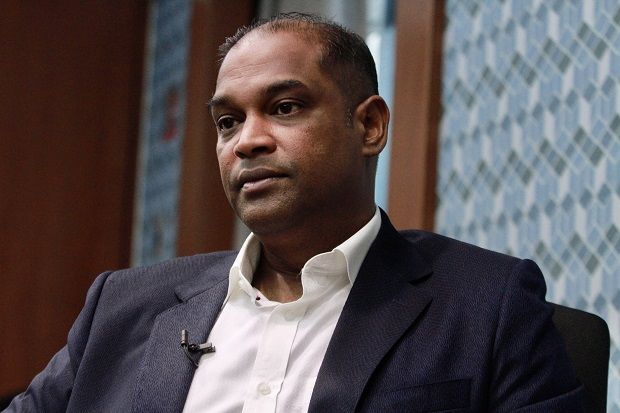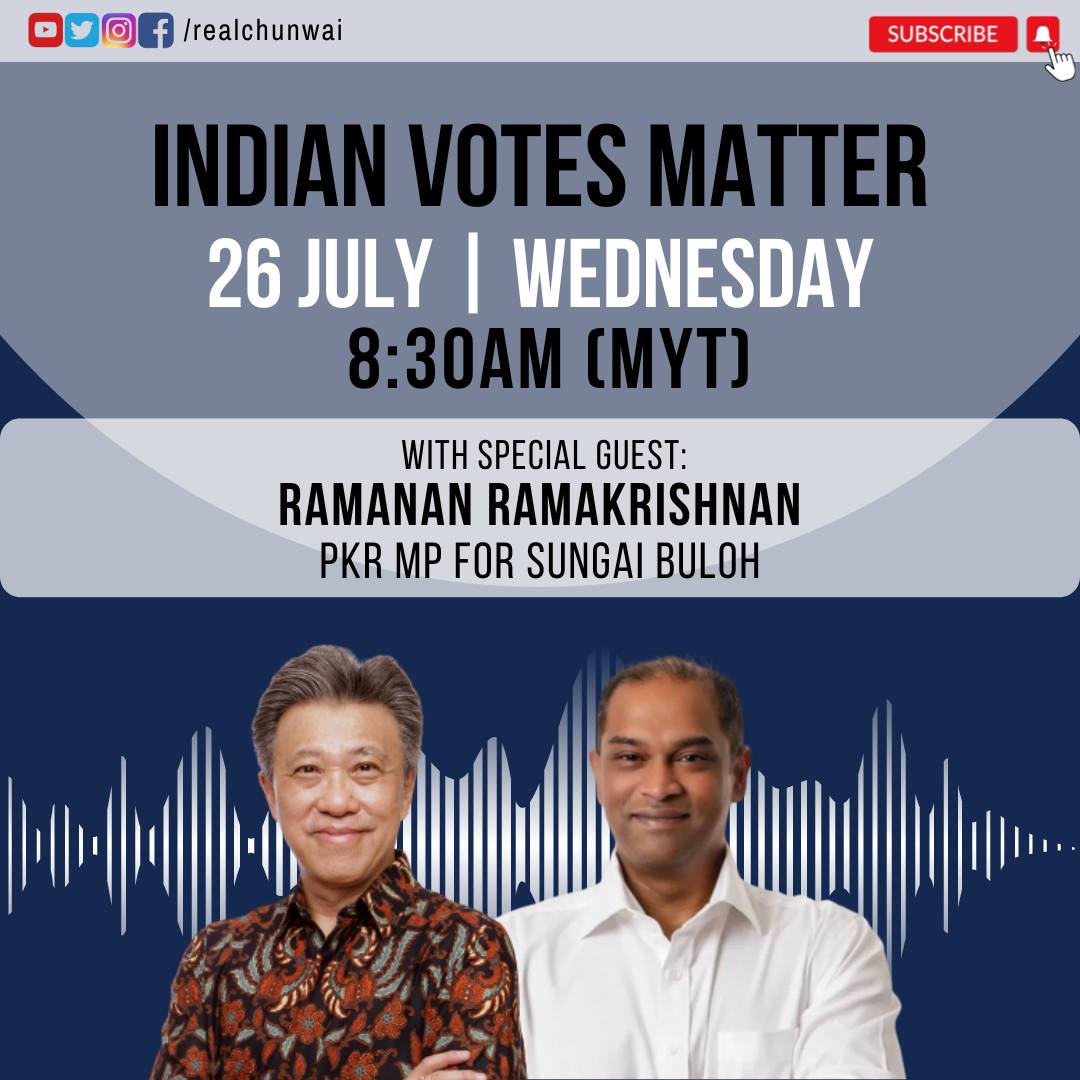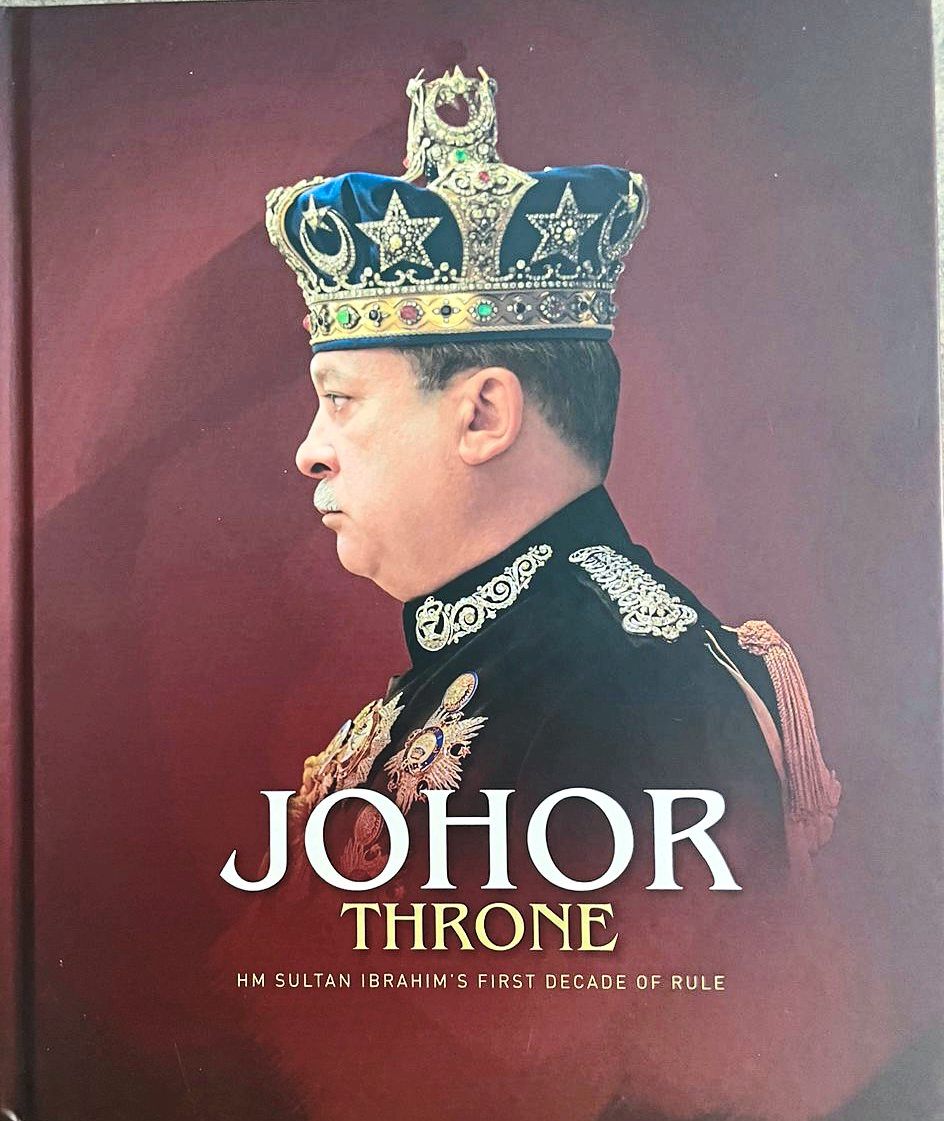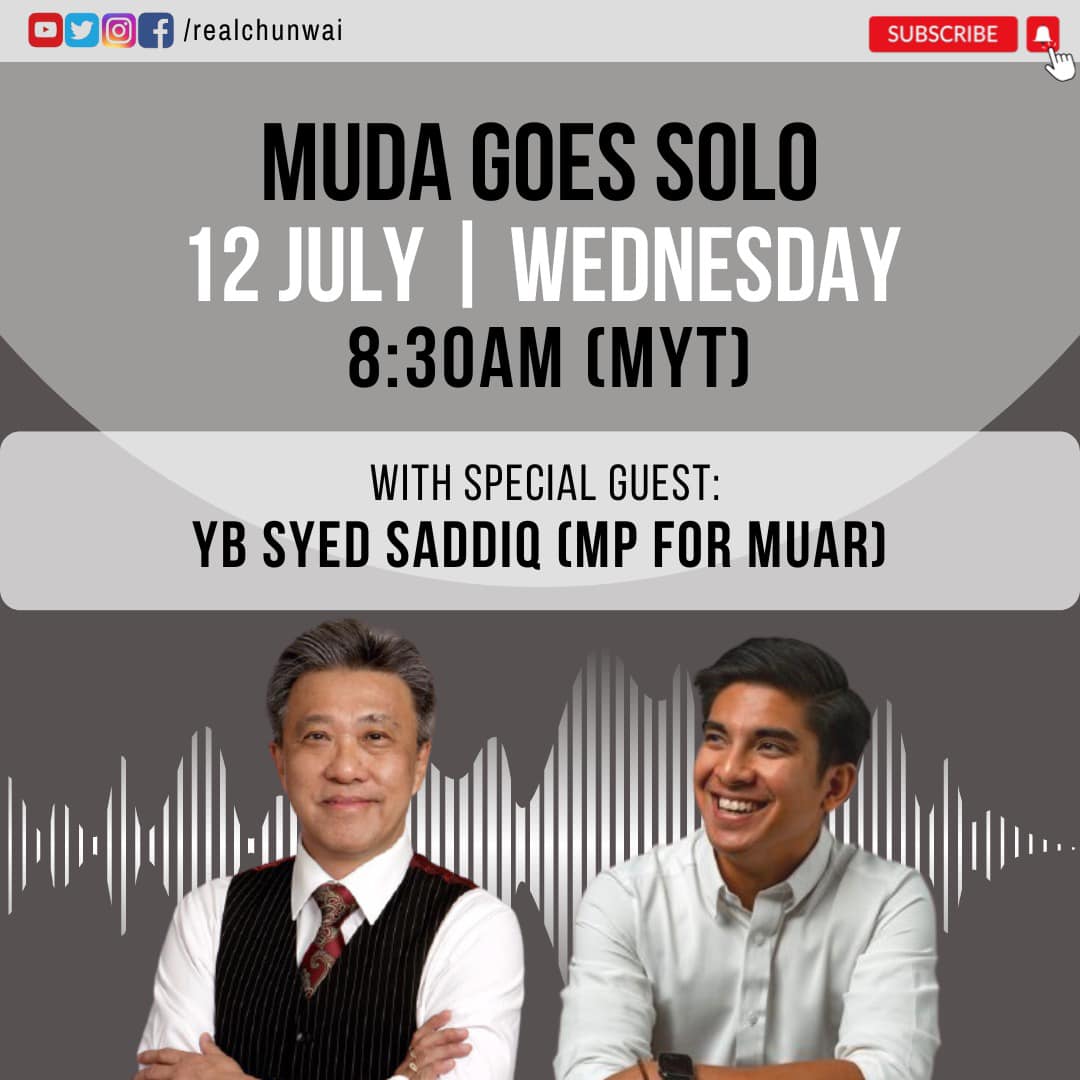Political fatigue might just be the buzzkill of the state elections.
SEASONED journalists often cringe in embarrassment when their younger colleagues ask politicians facing an election if they are confident of winning and how many seats they expect to secure.
In the media trade, it’s what we call a no-brainer question. It’s so obvious and would be a stupid question to pose to a politician.
No politician or political party contesting in any kind of polls would say they have no chance of winning because they would lose their deposits.
Almost every politician has said they are certain of winning. And Bersatu president Tan Sri Muhyiddin Yassin has predicted a political tsunami.
His opponent, PKR president Datuk Seri Anwar Ibrahim has even forecast that PAS-held Kedah will fall.
Bersatu leader Datuk Seri Azmin Ali has talked about the collapse of the Pakatan Harapan state government in Selangor, the jewel in the crown.
His brave prediction – 60:40 in favour of Perikatan Nasional. He only means he can be a Mentri Besar again.
Honestly, there’s a lot of hot air. Most of these predictions are mere psychological warfare. In fact, many are far-fetched tales.
It helps to make the elections exciting, and everyone loves a good fight until polling day, this one on Aug 12.
In my 38 years as a journalist, the only politician who enjoyed playing the sympathy card has been DAP veteran leader Lim Kit Siang.
I have lost count the number of times he had branded himself an underdog and that he would lose against the might of Barisan Nasional’s money, machinery, and media.
Almost all elections during his time were “the mother of all elections” and the “dirtiest elections ever,” but that has never stopped his party from winning.
But he has never questioned the legitimacy of the elections and happily accepted the party’s victories.
So, as a dyed-in-the-wool journo, I plead with all young media friends to stop asking politicians if they’re confident of winning.
Even Tun Dr Mahathir Mohamad, following his humiliating defeat in last year’s general election, wondered why he lost his deposit.
He was probably confident of winning although most Malaysians, including the people of Langkawi, had the desire for him to retire. He has overstayed his welcome and by now, more of them are simply just tired of him.
It’s painful for many of us now to hear his outrageous statements. As writer Dennis Ignatius put it, Dr Mahathir seemed to have been taken over by the dark side following the 98-year-old’s statement to “stop calling Malaysia a multi-racial country.”
Well, he is packing the stadiums in the East Coast not because of his popularity, in case he assumes that, but because these rallies are organised by PAS.
The Islamist party is more than happy to use Dr Mahathir, and that’s a safe political assumption.
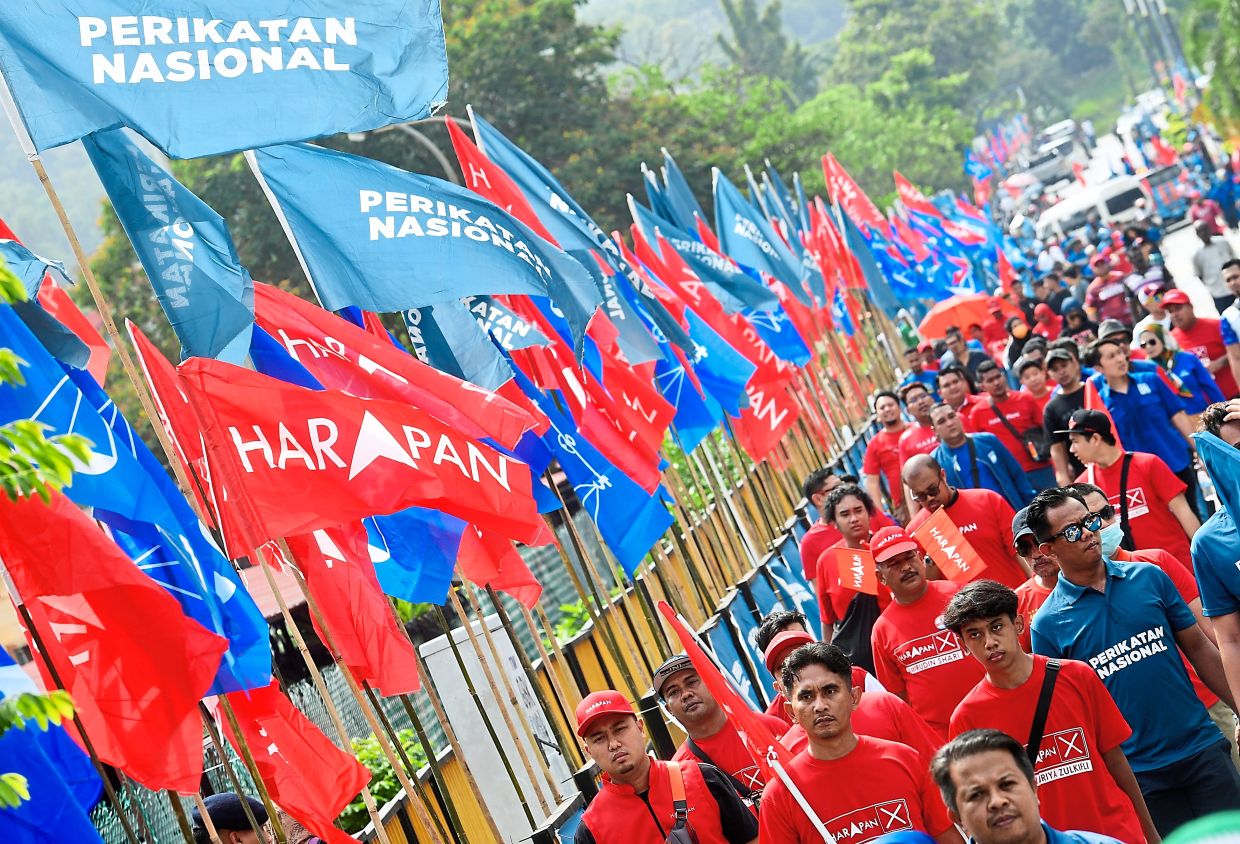
Confident bid: Pakatan and Perikatan supporters heading to the nomination centre in Gombak, Dewan SMK Sungai Pusu, on nomination day yesterday. — AZHAR MAHFOF/The Star
In these states, where entertainment is non-existent, political rallies are events no one wants to miss. The jokes from these politicians certainly provide comic relief.
So, not only have politicians been carried away at the sight of the giant crowds, but some have even strayed from their main content and run into borderline seditious issues.
Size does matter when it comes to rallies, but it won’t necessarily translate into votes. Large gatherings are morale boosters. It also provides a perception, if not, deception, that one is winning in the polls.
But inside the war-rooms, numbers are being crunched every day to give a more reliable assessment of how the voting trend will swing.
That is not foolproof either. Even the so-called intelligence from the police and army has been proven wrong on many occasions.
During GE14 (the 14th General Election in 2018), Datuk Seri Najib Tun Razak was so sure he would get at least 120 parliamentary seats. When editors asked him why he was so sure, he said he had reliable information from intelligence.
Well, it wasn’t intelligent findings in the end.
Last week, Bersatu leader Datuk Seri Hamzah Zainudin said he still has friends in the police, as a former home minister, and that he was informed that Perikatan was leading.
It’s the same with survey findings. We will soon be flooded with all kinds of charts and numbers but take them with a pinch of salt.
Some are conducted by groups that are aligned or funded by certain political groups, and the findings are skewed for political expediency.
Then, there are real ones which politicians will try very hard to dispute and cast aspersions on if the findings don’t suit them.
In the 2016 US presidential elections, all the TV stations and pollsters went horribly wrong by writing off Donald Trump, who went on to win the polls.
As of now, the popular prediction is that Perikatan will do very well in Kelantan, Kedah and Terengganu – all PAS strongholds – while Pakatan will retain Selangor, Penang and Negri Sembilan, but suffer heavy damage by Perikatan.
However, two weeks is a long time in politics. In these three Pakatan states, the only way Perikatan can turn the tables would be to see a 70% Malay turnout and ascertain they all vote for the party. Perikatan will also be hoping that the response from the Chinese is low.
Pakatan will desperately need to appeal to the Chinese to turn up in full force as if it’s a general election.
No one can tell for sure as of now. Voters have bigger and more important things on their minds, such as earning their income and paying their bills rather than helping politicians win elections.
But one thing is certain, we can confidently say that most Malaysians are tired of the never-ending politicking in this country.
Voters have bigger and more important things on their minds, such as earning their income and paying their bills rather than helping politicians win elections.


